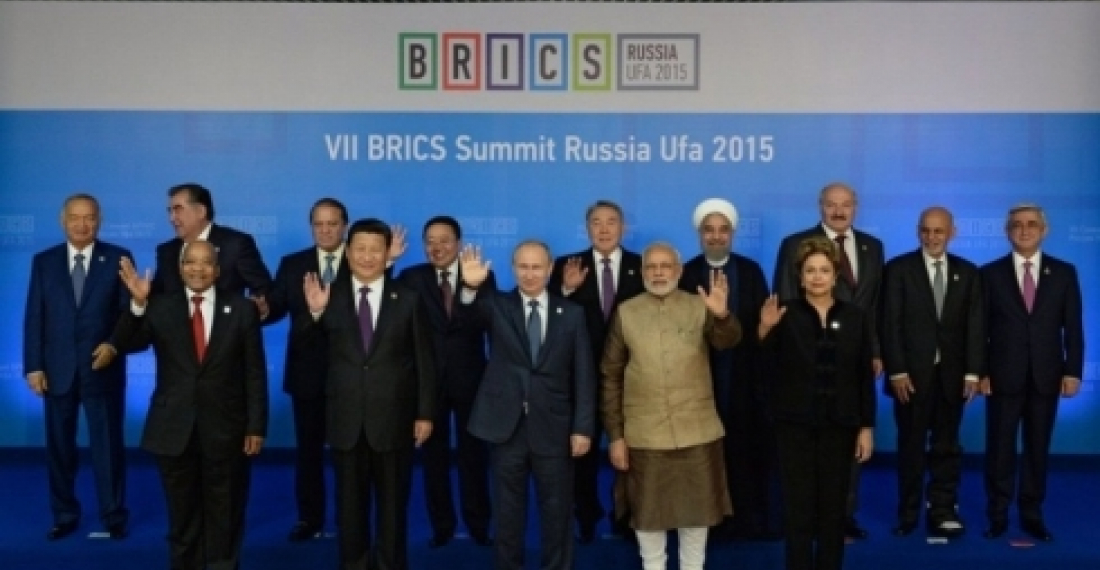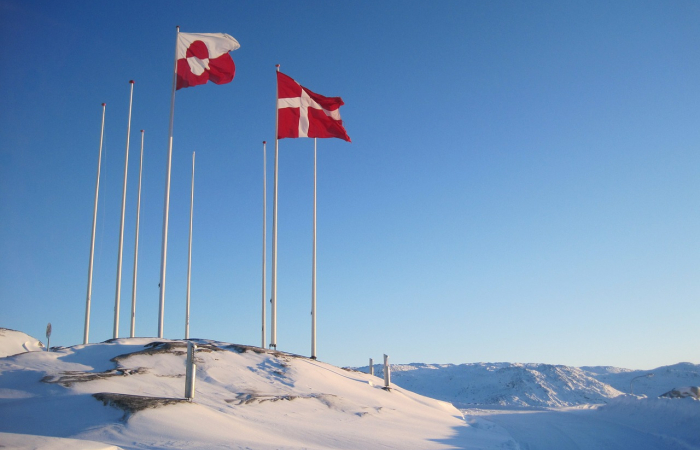A summit of the countries of BRICS, the Shanghai Cooperation Organization (SCO) and the Eurasian Economic Union (EEU) opened in the Russian City of Ufa on Thursday, 9 July.
Addressing the summit, Russian President Vladimir Putin said "There is no doubt - we have all necessary premises to expand the horizons of mutually beneficial cooperation, to join together our raw material resources, human capital and huge consumer markets for a powerful economic force."
Putin also noted that Eurasia had vast transit potential, pointing to "the construction of new efficient transport and logistics chains, in particular, the implementation of the initiative of the Silk Road economic belt and the development of transportation in the eastern part of Russia and Siberia." "This may link the rapidly growing markets in Asia and Europe's economies, mature, rich in industrial and technological achievements. At the same time, this will allow our countries to become more commercially viable in the competition for investors, for creating new jobs, for advanced enterprises," he said.
The growth of world population "requires enhanced cooperation in food security, intensification of agriculture, prudent use of water resources and, of course, taking care of the Earth's biosphere," Putin noted.
The Russian President also said that "It's impossible to build a just and secure world without close humanitarian cooperation." That is why Russia is seeking to deepen contacts in culture, science, education and tourism with all its partners in BRICS, the SCO and the EEU and in other formats, Putin added.
The BRICS group comprises Brazil, Russia, India, China and South Africa. The SCO is made up of Russia, Kazakhstan, Kyrgyzstan, China, Tajikistan and Uzbekistan. Afghanistan, India, Iran, Mongolia and Pakistan have SCO observer status, whereas Belarus, Turkey and Sri Lanka are "dialogue partners". The EEU comprises Russia, Kazakhstan, Belarus, Armenia and Kyrgyzstan.
source: commonspace.eu with Itar-Tass
Photo: Leaders of BRICS countries, and other invited guests at their Summit in the Russian city of Ufa on Thursday, 9 July 2015.






